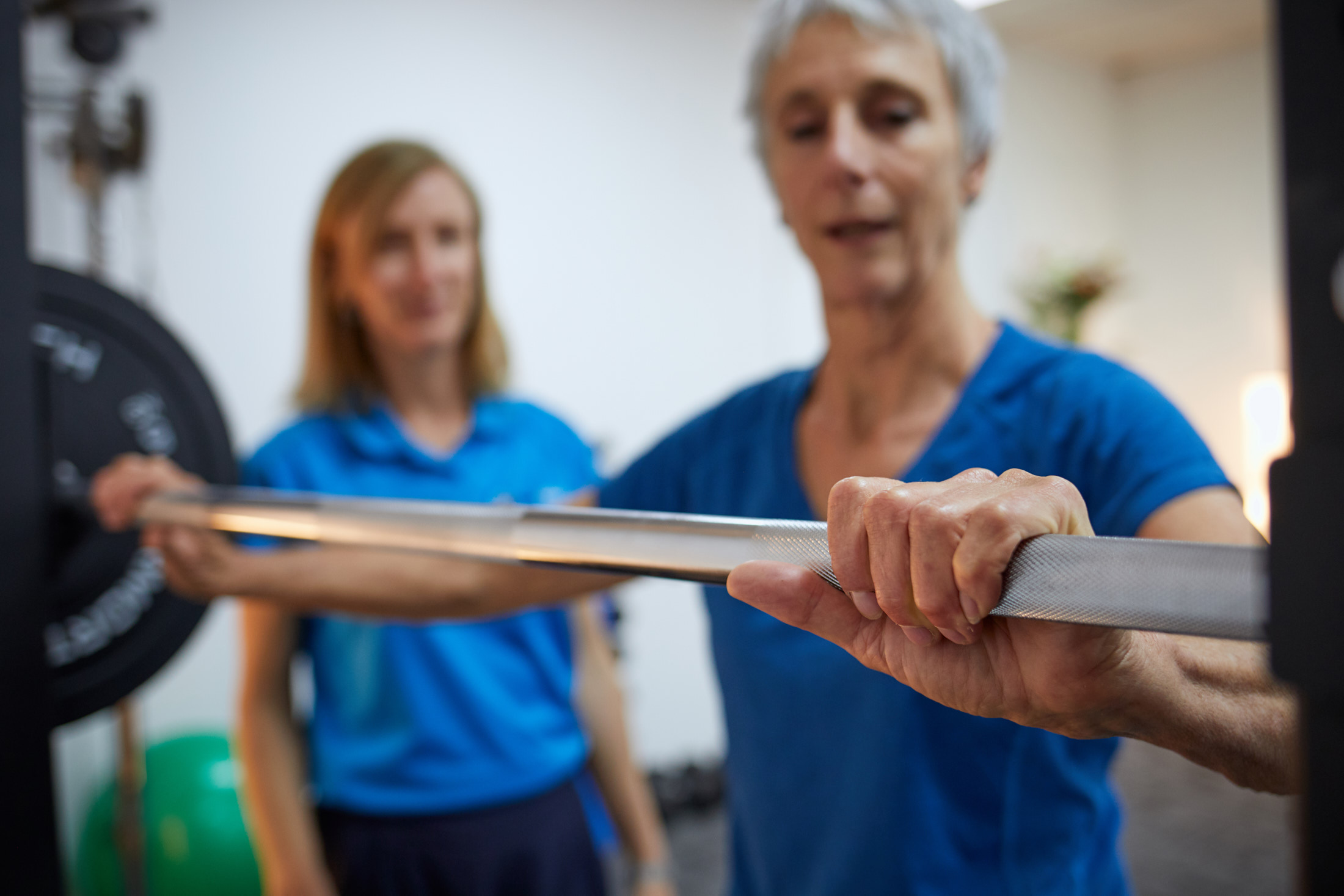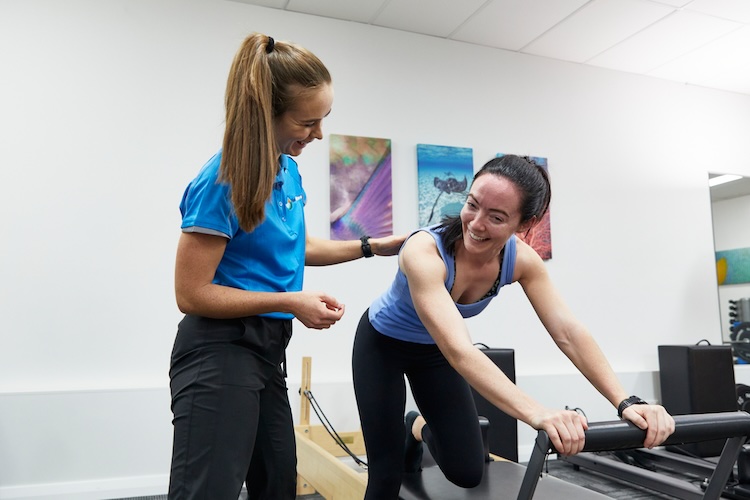There are many misconceptions about frozen shoulder, a condition that causes pain and stiffness.
This guide aims to provide clear information on the causes, stages, and various treatment options available to help you regain mobility and function.
What Causes Frozen Shoulder?
Inflammation: The Root Cause
The primary cause of frozen shoulder is inflammation within the shoulder joint. However, the exact triggers for this inflammation can vary.
Types of Frozen Shoulder
Primary (Idiopathic) Frozen Shoulder
- Occurs spontaneously or with no identifiable cause
- May have a genetic and inflammatory component
Secondary Frozen Shoulder
Develops due to underlying factors such as:
- Metabolic diseases (diabetes, hypothyroidism)
- Trauma (rotator cuff tear, cervical radiculopathy)
- Even mild injuries (bumping shoulder)
The inflammation leads to stiffening and irritation of the ligaments and joint capsule, causing pain and restricting movement.
3 Stages of Frozen Shoulder
Frozen shoulder progresses through three distinct stages, each with varying durations:
Freezing Stage:
- Increasing pain and stiffness
- Pain worsens with movement, especially at night
- Noticeable limitations in movement
Frozen Stage:
- Pain subsides but stiffness persists
- Movement is most restricted during this phase
Thawing Stage:
- Gradual improvement in range of motion
- Increased functionality and reduced pain
Some research suggests that this process can take 1-3 years, however between 20 and 50% or people may experience limitations lasting much longer.
What has shown encouraging results is that early intervention gives the greatest chance of an optimal recovery.
Risk Factors for Frozen Shoulder
Certain factors increase the risk of developing frozen shoulder:
- Female gender
- Age over 35
- Diabetes
- Previous shoulder trauma or surgery
- Cardiovascular risk factors or history of stroke
- Metabolic disorders such as hypothyroidism
Treatment Options for Frozen Shoulder
The good news is that a lot of people experience a near full recovery. However, recovery can take time and requires dedicated effort.
With this in mind the follow treatment options are available:
Non-Intervention Treatment
- Do nothing may lead to eventual recovery, but it can be a long and painful process
Medical Interventions
- Cortisone injections: Effective for early pain management
- Physiotherapy and occupational therapy: Essential for regaining mobility and function
- Home exercise program: Supervised exercises to improve range of motion and strength
Physiotherapy for Frozen Shoulder
Whatever path someone chooses it is really important that they understand what is happening and what to expect.
Exercise Rehabilitation
- Range of motion exercises for the shoulder and mid-back
- Strengthening exercises for the rotator cuff, back muscles, and overall body
- Control and coordination exercises for the shoulder and thoracic spine
Manual Therapy
- Soft tissue mobilisation and joint movements to decrease pain
- Most effective when combined with exercise rehabilitation
Additional Medical Interventions
Your doctor may recommend:
- Hydro dilatation: Injection of saline, corticosteroid, and anaesthetic into the shoulder joint
- Intra-articular cortisone: Injection of corticosteroid into the shoulder joint
- Subacromial cortisone: Injection of corticosteroid above the shoulder joint
Research shows that injection + exercise therapy either supervised or at home has longer term benefits.
Case Studies: Real Life Examples
The following case studies are real patients (name changed)
Regaining Full Range of Motion
Anne, 46 year old housewife with 2 children with complex medical needs and other life stressors, presented with a stiff painful left shoulder which had been gradually getting worse over the past 9 months.
Pain was subsiding but she had very limited movement. Anne chose fortnightly occupational therapy for soft tissue therapy and chronic pain management (pacing, stress management) and followed a home exercise program under supervision of a physiotherapist at Next wave Therapy.
6 months later and she now has full pain free range of movement and is able to attend her Pilates classes.
Avoiding Job Change
Steve, 36 year old labourer who presented with severe pain, loss in muscle strength and movement. He was extremely concerned about his life direction as he was unable to work.
Steve had a work place injury 12 months prior and was told there was nothing that could be done to treat his frozen shoulder.
6 months later he had surgery on his shoulder with minimal post surgical rehab.
Steve chose weekly physiotherapy and occupational therapy over 3 months. His pain reduced, he regained full functional use of his arm and did not have to change jobs. He then progressed onto a supervised home exercise program.
The Road to Recovery
While frozen shoulder can be challenging, recovery is possible with the right approach.
Don’t let frozen shoulder hold you back from living your life to the fullest. If you’re experiencing shoulder pain or stiffness, take the first step towards recovery today.
Contact Next Wave Therapy for a comprehensive assessment and personalised treatment plan.
Our experienced physiotherapists will guide you through every step of your journey, provide support, education, and help you regain mobility, reduce pain, and get back to doing what you love.
Call us now or book an appointment online to start your path to a pain-free, active life.






